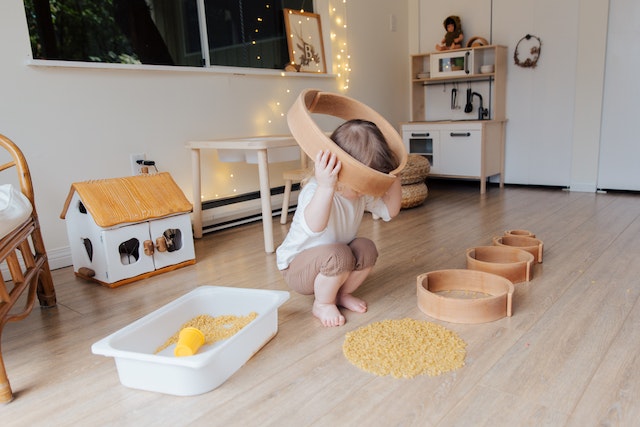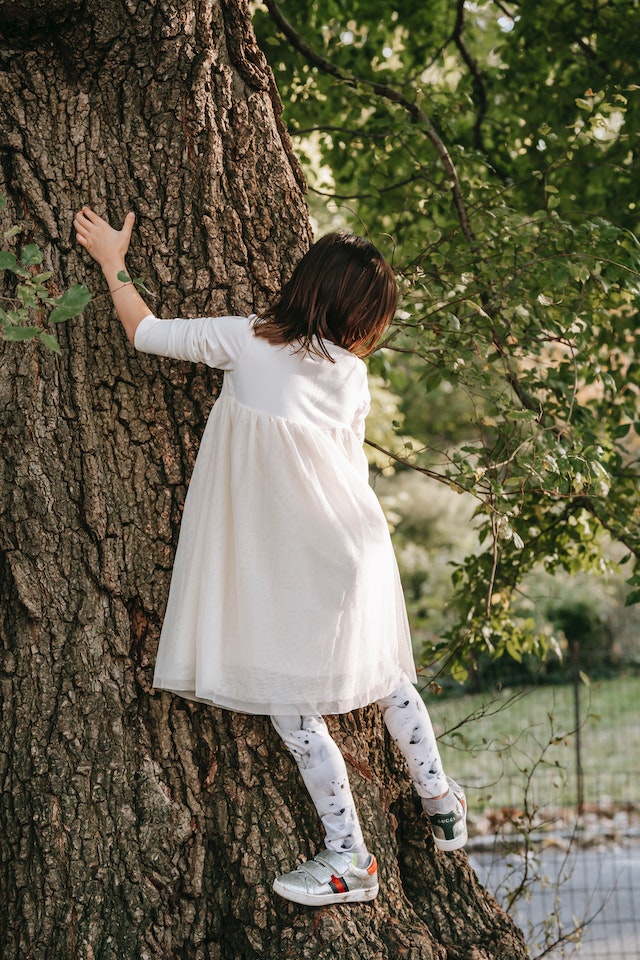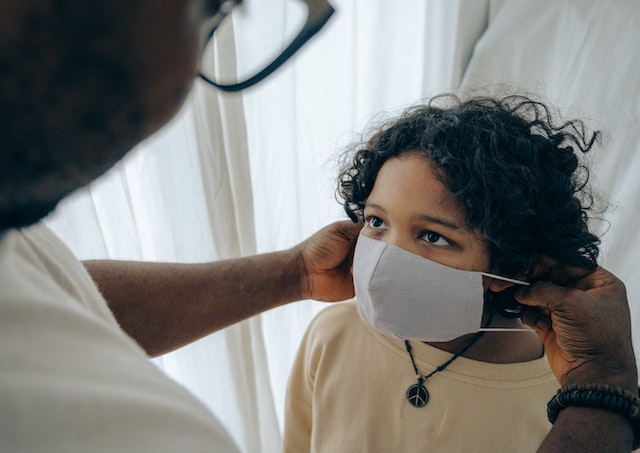Introduction:
Language development plays a vital role in a toddler’s overall growth and future success.
As parents or caregivers, it’s important to actively engage in activities that stimulate and
enhance language skills during the crucial early years.
In this article, we will explore effective strategies and techniques to help develop your
toddler’s language abilities, ensuring they thrive in their communication journey.
Discover how to develop toddlers’ language skills and foster their linguistic potential using
practical and engaging methods.
Create a Language-Rich Environment:
One of the best ways to help develop a toddler’s language is by creating a language-rich
environment.
Surround your child with a variety of spoken words, stimulating sounds, and visual aids.
Engage in conversations, narrate daily activities, and provide exposure to books, music,
and age-appropriate TV shows or videos.
This immersive environment encourages language exploration and learning.
Engage in Conversations:
Regularly engaging in conversations with your toddler is crucial for their language
development.
Use simple and clear language, maintain eye contact, and show genuine interest in what
they have to say.
Encourage them to express their thoughts and feelings by asking open-ended questions
and providing ample time for responses.
This interaction fosters vocabulary expansion, comprehension skills, and the development
of conversational turn-taking.
Read Aloud:
Reading aloud to your toddler is an excellent way to introduce them to the world of language.
Choose colorful, interactive books with engaging illustrations and age-appropriate content.
Point to pictures, label objects, and encourage participation by asking questions about the
story.
Reading sessions not only improve vocabulary but also enhance listening skills and spark
your child’s imagination.
Sing and Rhyme:
Singing and rhyming activities are not only enjoyable but also powerful tools for language
development.
Nursery rhymes, songs, and fingerplays help children recognize sounds, patterns, and
rhythm.
Encourage your toddler to sing along, clap their hands, or imitate simple actions.
These activities support phonological awareness, vocabulary acquisition, and memory skills.
Play with Language:
Make language learning fun by incorporating playful activities into your toddler’s daily routine.
Engage in games that focus on vocabulary building, such as “I Spy” or “Simon Says.”
Use flashcards or picture puzzles to enhance word recognition and association.
Play pretend scenarios, such as a tea party or a doctor’s visit, where your child can practice
expressive language and social interaction.
Limit Screen Time:
While technology can provide educational content, excessive screen time may hinder
language development.
Limit your toddler’s exposure to screens and encourage real-world interactions instead.
Engaging in face-to-face conversations, imaginative play, and hands-on activities provides
more opportunities for language growth.
Provide Opportunities for Socialization:
Social interactions with peers and adults are crucial for developing language skills.
Arrange playdates or join parent-child groups where your toddler can interact with others.
Encourage sharing, turn-taking, and group activities that promote conversation and
cooperative play.
Socialization enhances communication skills, builds confidence, and exposes children to
diverse language styles and expressions.
Conclusion:
Helping toddlers develop their language skills requires a proactive and engaging approach.
By creating a language-rich environment, engaging in conversations, reading aloud, singing,
playing with language, limiting screen time, and promoting socialization, parents and
caregivers can significantly impact a toddler’s language development journey.
Remember, each child progresses at their own pace, so be patient, provide consistent
support, and celebrate their achievements along the way.
With your guidance and nurturing, your toddler will develop strong language abilities, setting
a solid foundation for their future success.
![]()











